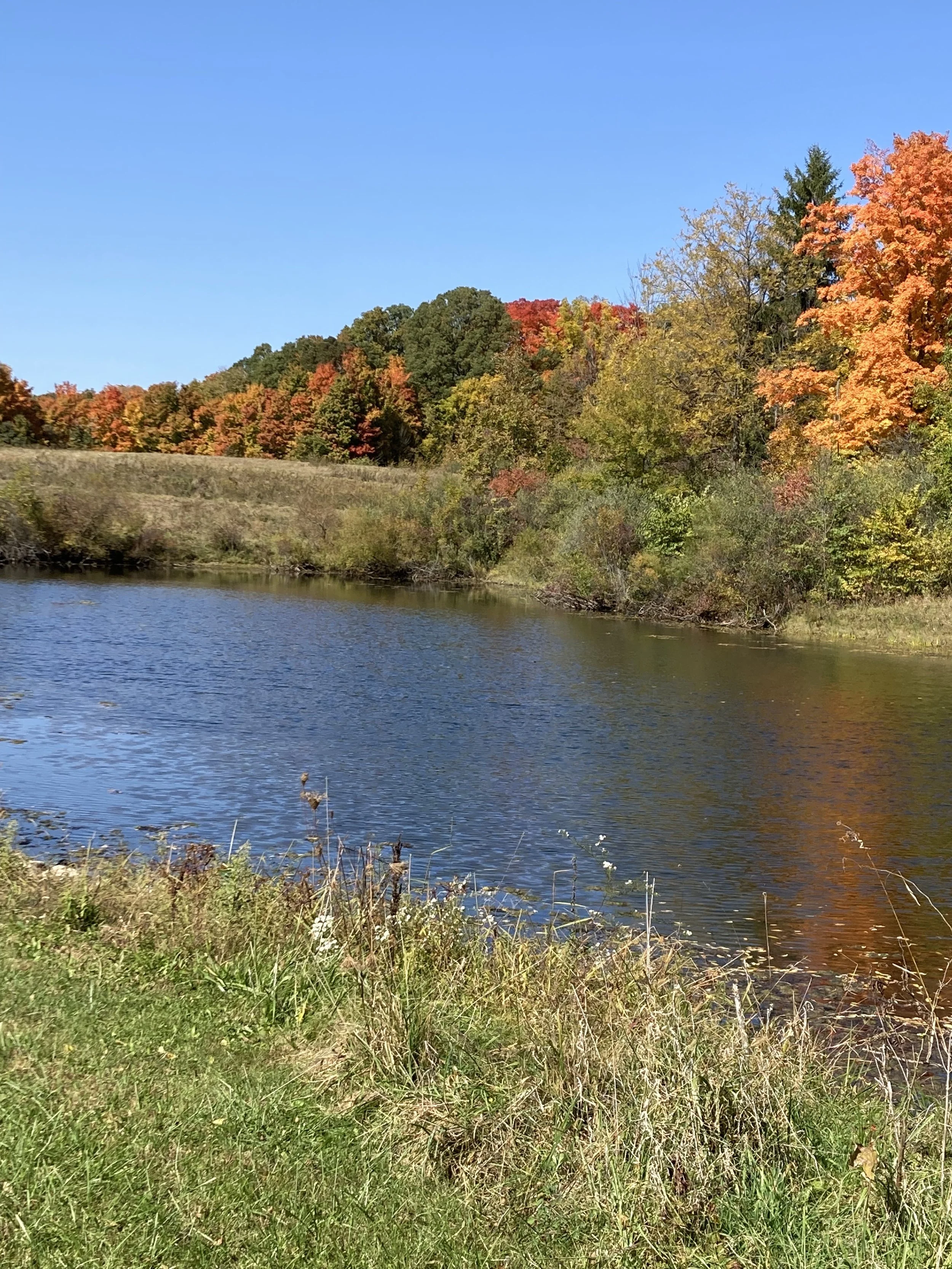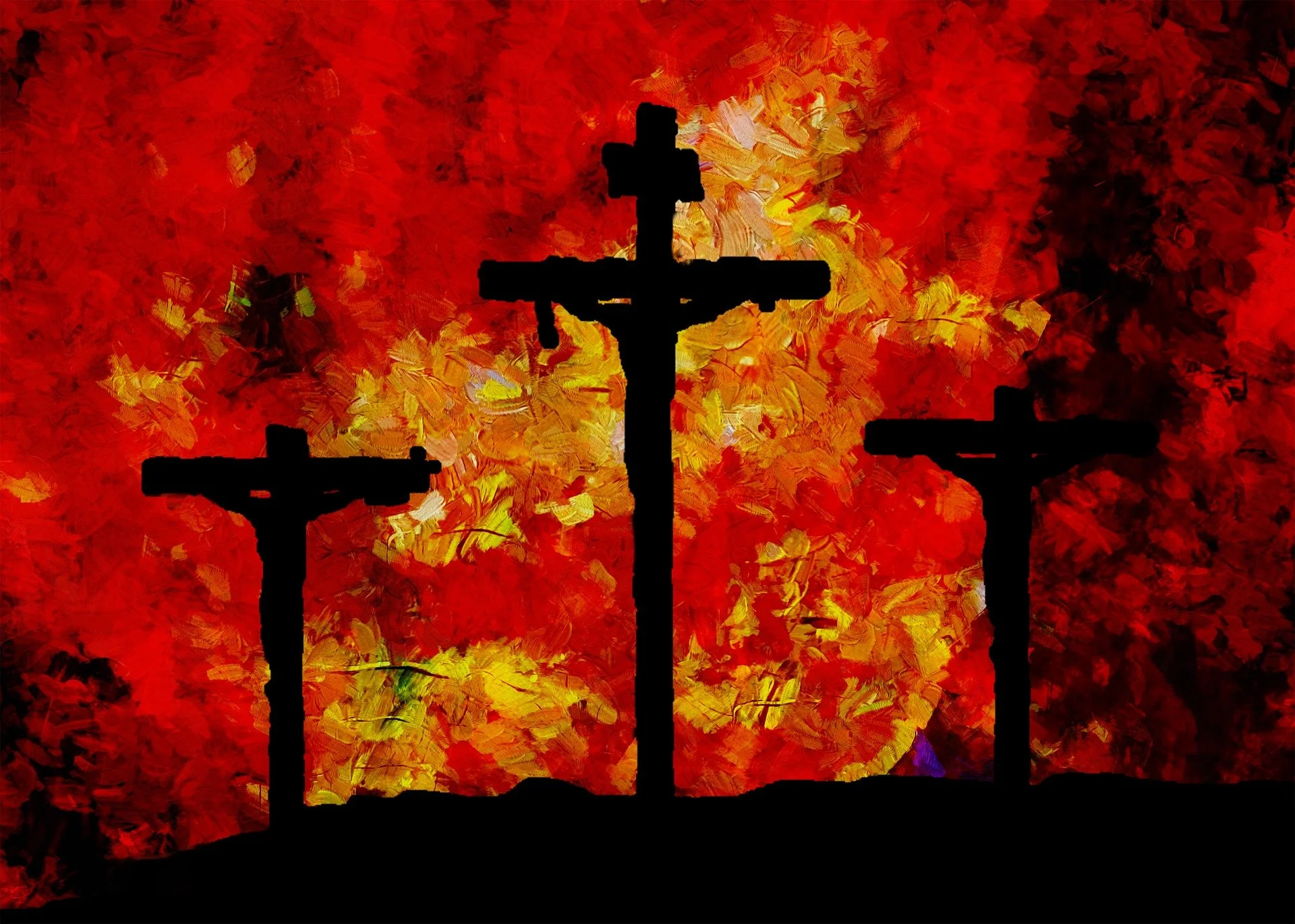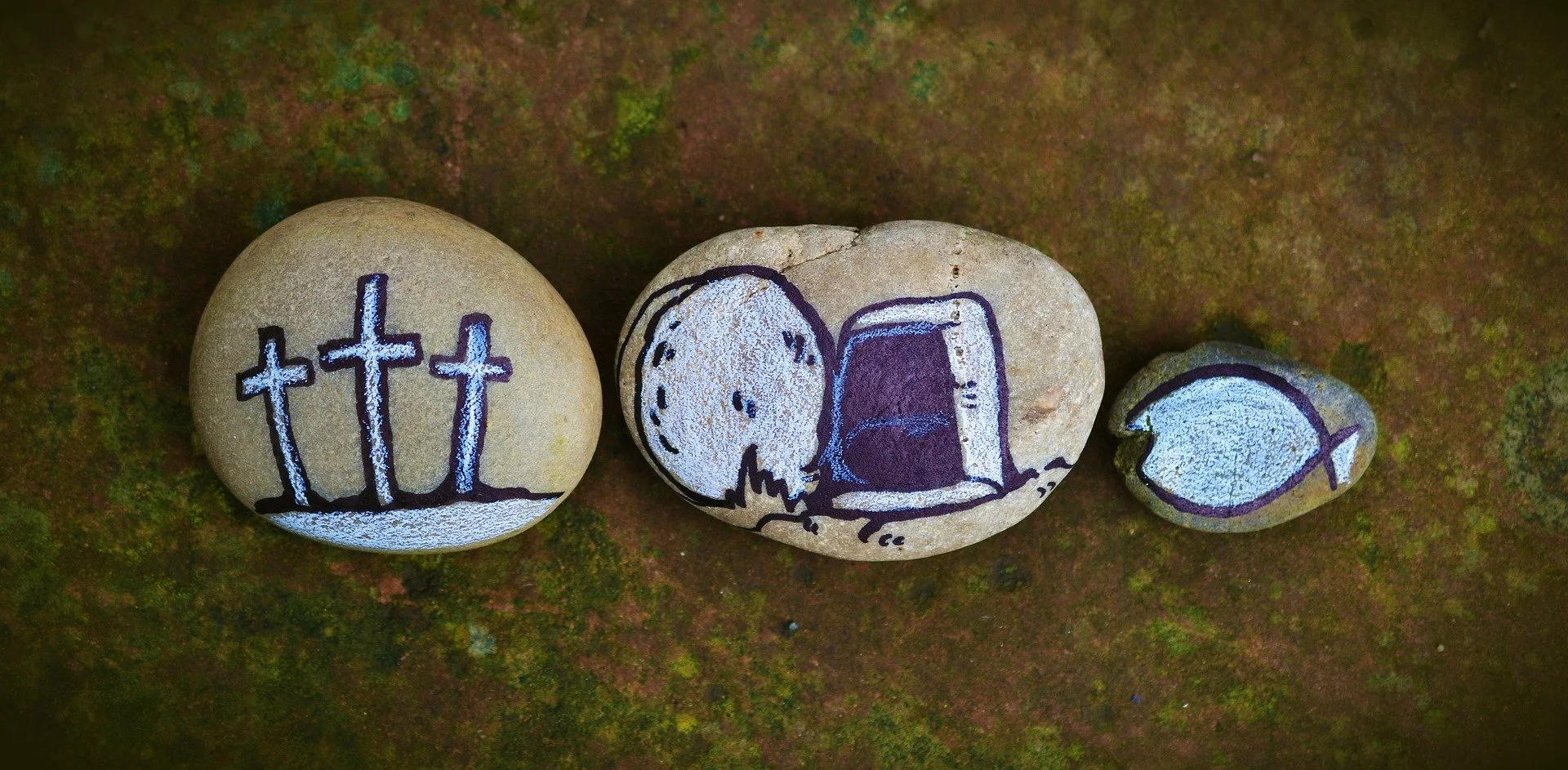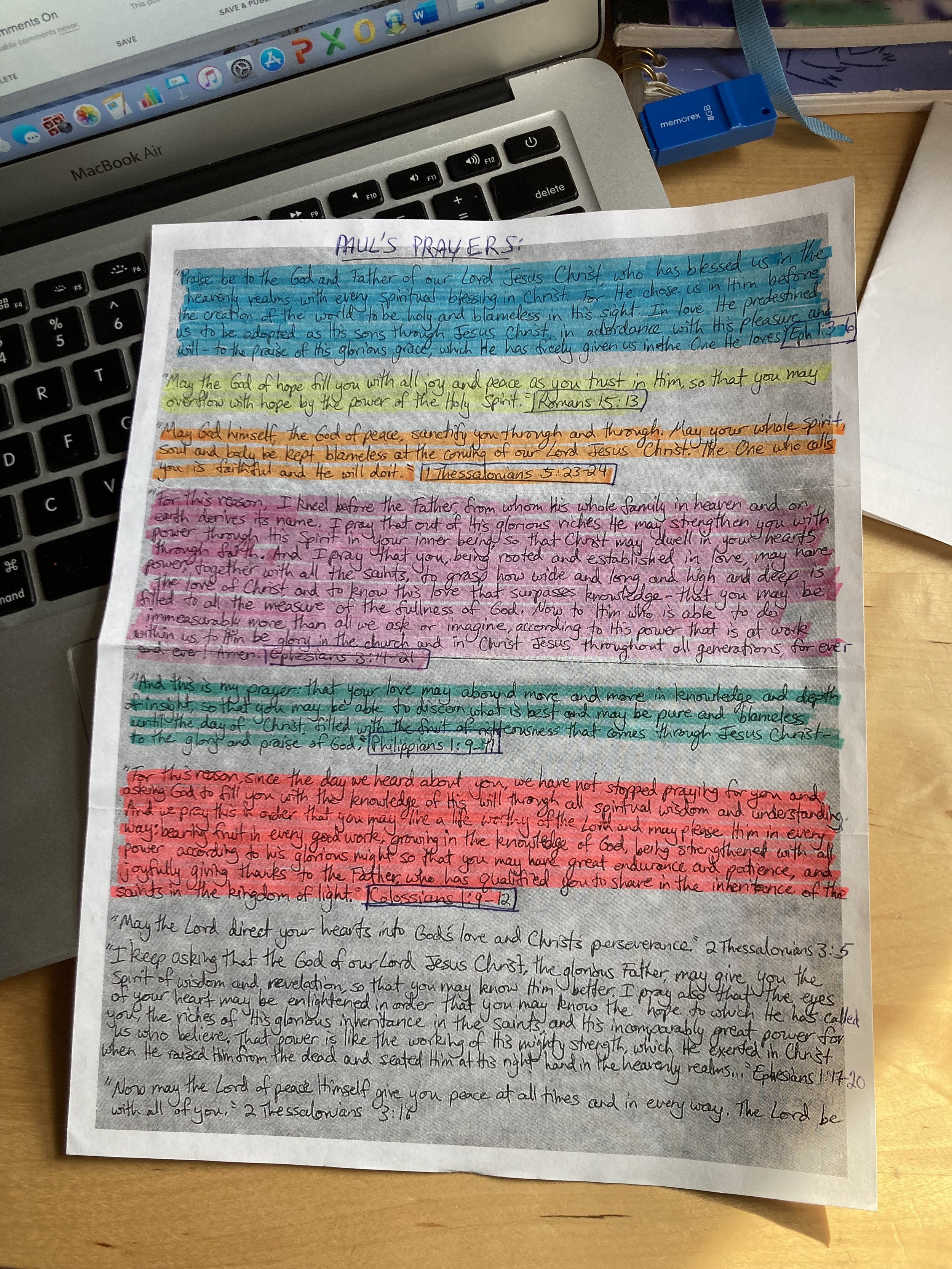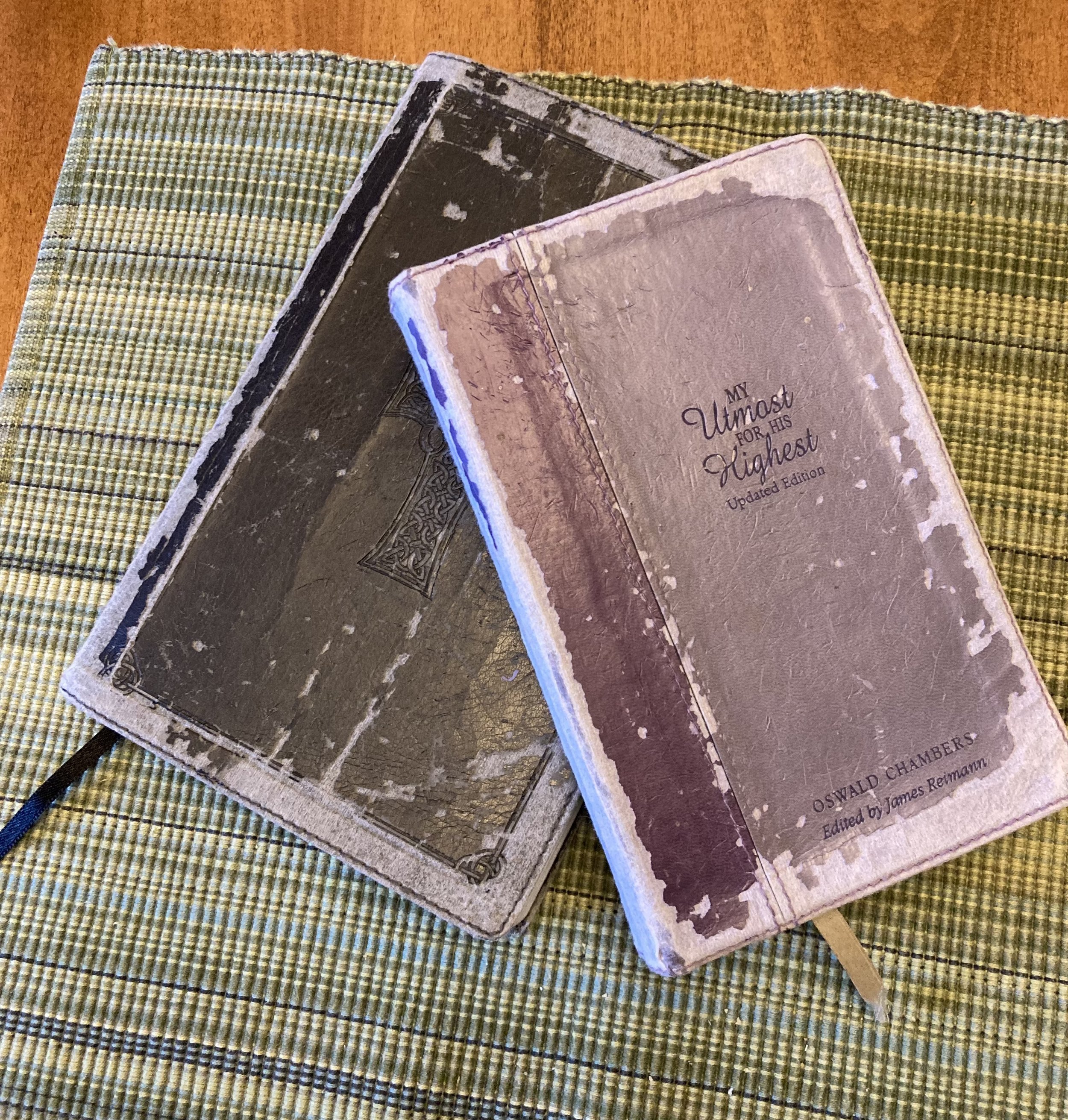Christmas in a Verse: A Look at Isaiah 9:6 - Part 1
Since Advent is upon us, I thought it would be helpful to focus on a familiar verse from the Old Testament book of Isaiah for these weeks leading up to Christmas. I am going to take the names in this verse and divide them up over the next three weeks. I hope you will enjoy this look at our amazing Savior.
There have been numerous discussions in theological arenas as to what the original Hebrew was saying in this verse with reference to the names listed. Were there only four names, as many translations portray, or is it a list of individual names with commas in between each of the names? (ie. Wonderful, Counselor, Mighty, God, Eternal, Father, Prince, of Peace.) Or is it some combination of both with Wonderful, Counselor, and Eternal, Father being separated and the other two being an adjective describing the noun following. In order to avoid this issue, I have decided to approach this in a way that encompasses both ideas. I am no theologian, but with the Holy Spirit we all have the ability to read and learn from His word.
Today I want to look at the words Wonderful and Counselor. After doing a little bit of research it appears the word Wonderful translates more closely to wonder. When we look at Webster’s Online Dictionary wonder is defined as: a cause of astonishment or admiration; marvel; miracle; the quality of exciting amazed admiration; rapt attention or amazement at something awesomely mysterious or new to one’s experience.
If we use the word wonderful instead of wonder, it really doesn’t lose any of its meaning. Wonderful is defined as: exciting wonder; marvelous, astonishing; unusually good; admirable. Is it possible for wonder to be wonderful? It is certainly possible for the child (Jesus) who was born to us to be both a wonder and wonderful. Our savior is both the cause of our astonishment or admiration and marvelous. He is unusually good, and also a worthy mystery for us to give our rapt attention to.
The word counselor is simply one who counsels another. This could be a mental health worker, a pastor, a lawyer, a doctor, a teacher or many other entities. A father might counsel his son on how to ask a girl on a date. A financial guru might counsel someone on how to save for retirement. A police officer might advise a young person to stay out of trouble. Other words for counselor include: advisor, consultant and advocate.
Image by beate bachmann from Pixabay
There are numerous Biblical references that use the word wonder. See Psalm 9:1, 26:7, 40:5, and 72:18. God’s works are wondrous, and they are often referred to in the Bible as “your wonders.” Wonderful is also used repeatedly in the Scriptures. 1 Chronicles 16:24 speaks of God’s wonderful deeds. In Job 42:3 Job refers to the things of God as being things he did not know and things that were too wonderful for him to understand.
Image by Gerd Altmann from Pixabay
The Bible is also full of examples of those who sought or used counsellors. During the time of kings in the old testament, many sought counsel, unfortunately from men who didn’t know God. See 2 Samual 15:12, 1 Kings 12:6, It seems that David always sought God’s counsel directly, just read most of the Psalms. This may be what made him a man after God’s heart.
Coming back to Isaiah 9:6 we can begin to understand, no matter how you look at these words, they are describing our Savior, Jesus Christ. He is a wonder, and He is wonderful. His is a counselor and offers us only the best and most perfect counsel in His word. Indeed, He is the Wonderful Counselor. No matter what you are facing in life; no matter how overwhelming the questions or uncertainty of the future, Jesus can lead the way. He is not only the Wonderful Counselor, He is the Way.
Have a great week.



























